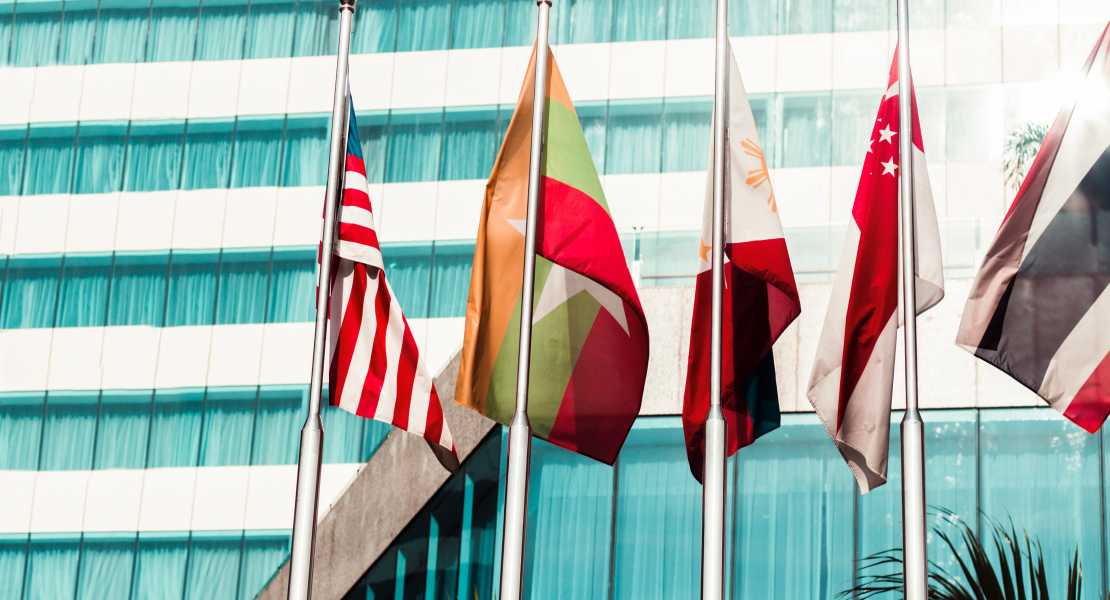Investor-State Mediation
In July 2018, the international business world experienced a momentous achievement in the realm of commercial dispute resolution arising out of cross-border transactions. The United Nations Commission on International Trade Law (UNCITRAL) approved the Convention on the Enforcement of Conciliated Settlement otherwise known as the Singapore Mediation Convention. This achievement is the culmination of three years of debate by a UNCITRAL Working Group II with participation by 85 Member States and 35 Intergovernmental and Non-Governmental Organisations. The convention allows Contracting States to tailor their participation by making certain reservations or later withdrawing from the convention by a formal written notification. Once Contracting State adopts the convention, the Contracting State will be required to enforce settlement agreements in accordance with its own rules of procedure and the conditions set forth in the convention and model law.
What does this mean for businesses engaging in cross-border transactions such as foreign Investors?
Given the oft-cited advantages of mediation as a dispute resolution mechanism and the desire of the business community to find a mechanism for international dispute settlement which is private and confidential, quick, cost-effective and easy to access, it is likely that this convention will achieve this level of success much sooner than the New York Convention. In fact, given that mediation is typically less expensive and quicker than arbitration, parties may prefer to mediate their disputes following the ratification of the convention model law.
Once this convention comes into force, parties to cross-border transactions will have the opportunity to have any ensuing disputes arising from such transactions resolved in an international mediation and be confident that the agreement borne out of this will be recognised in countries that have ratified that convention. This means that parties to transboundary disputes will have another even more effective method by which to resolve their disputes. For instance, notwithstanding earlier scepticism of using mediation to settle foreign investment disputes by critics, with the advent of the international mediation convention foreign investment disputes are one category of disputes which can benefit from this regime of dispute resolution. With access to such a mechanism, countries, especially cash-strapped developing countries, can include mediation clauses into their international investment agreements and have such disputes resolved in a more cost-effective manner than is currently the norm.






